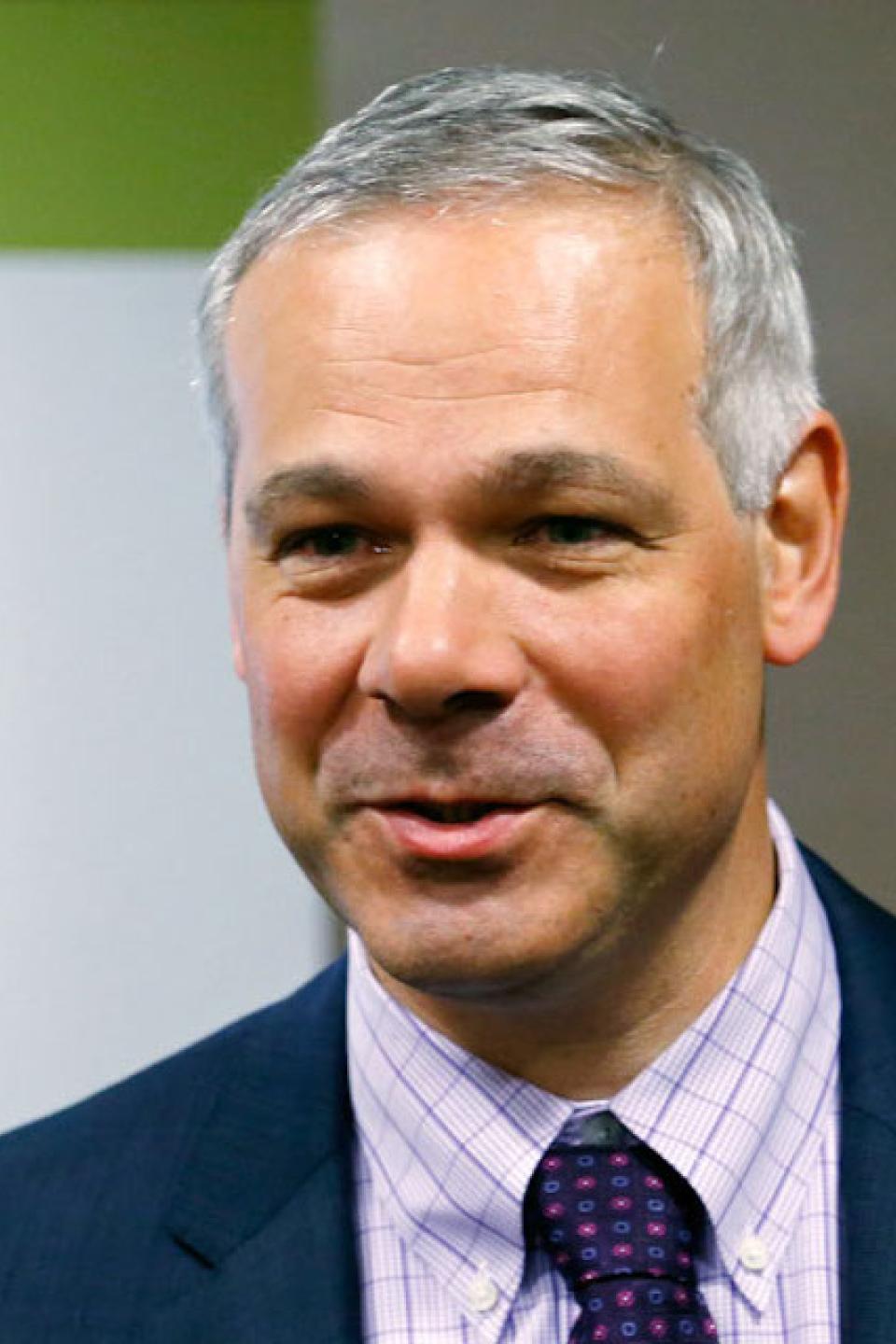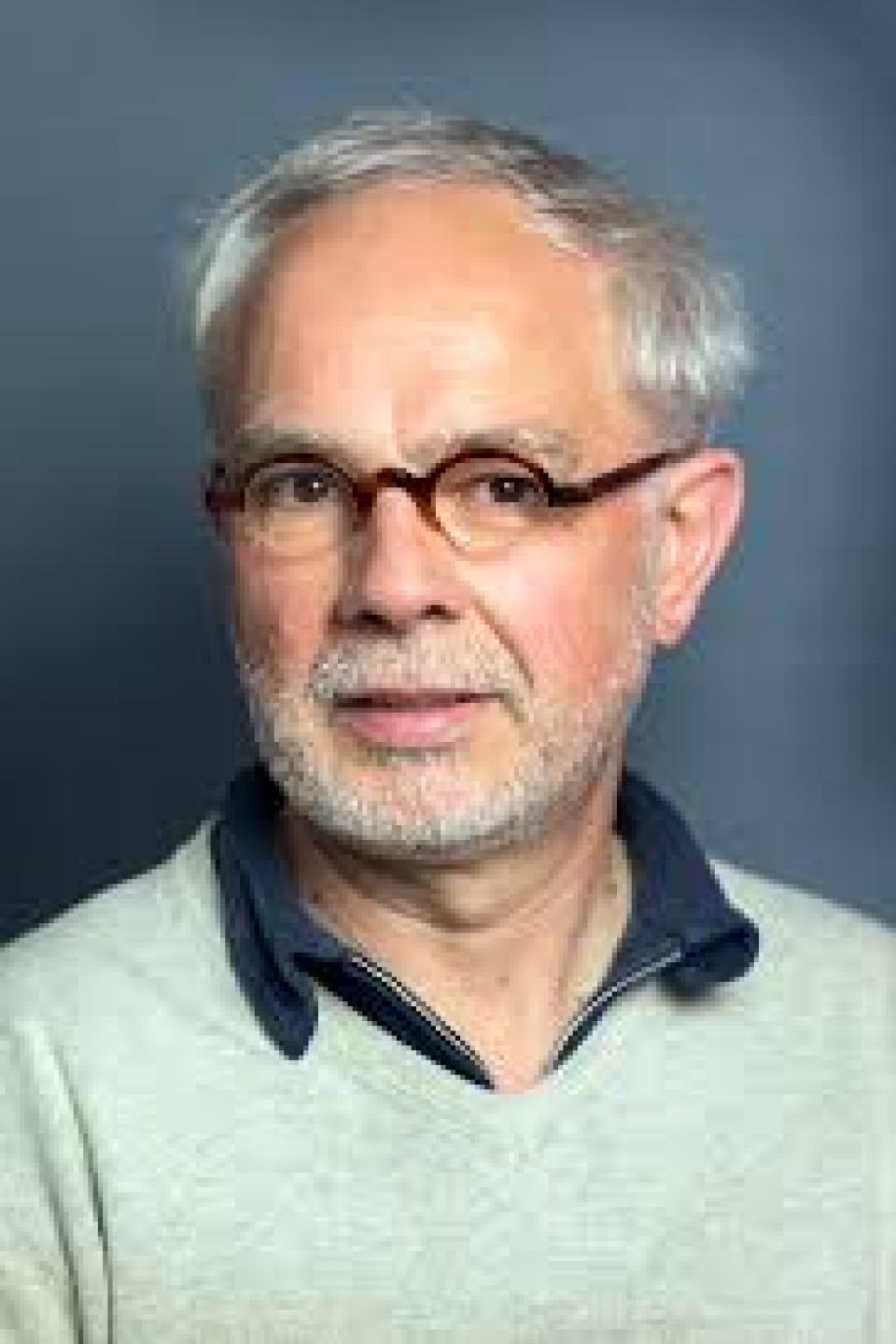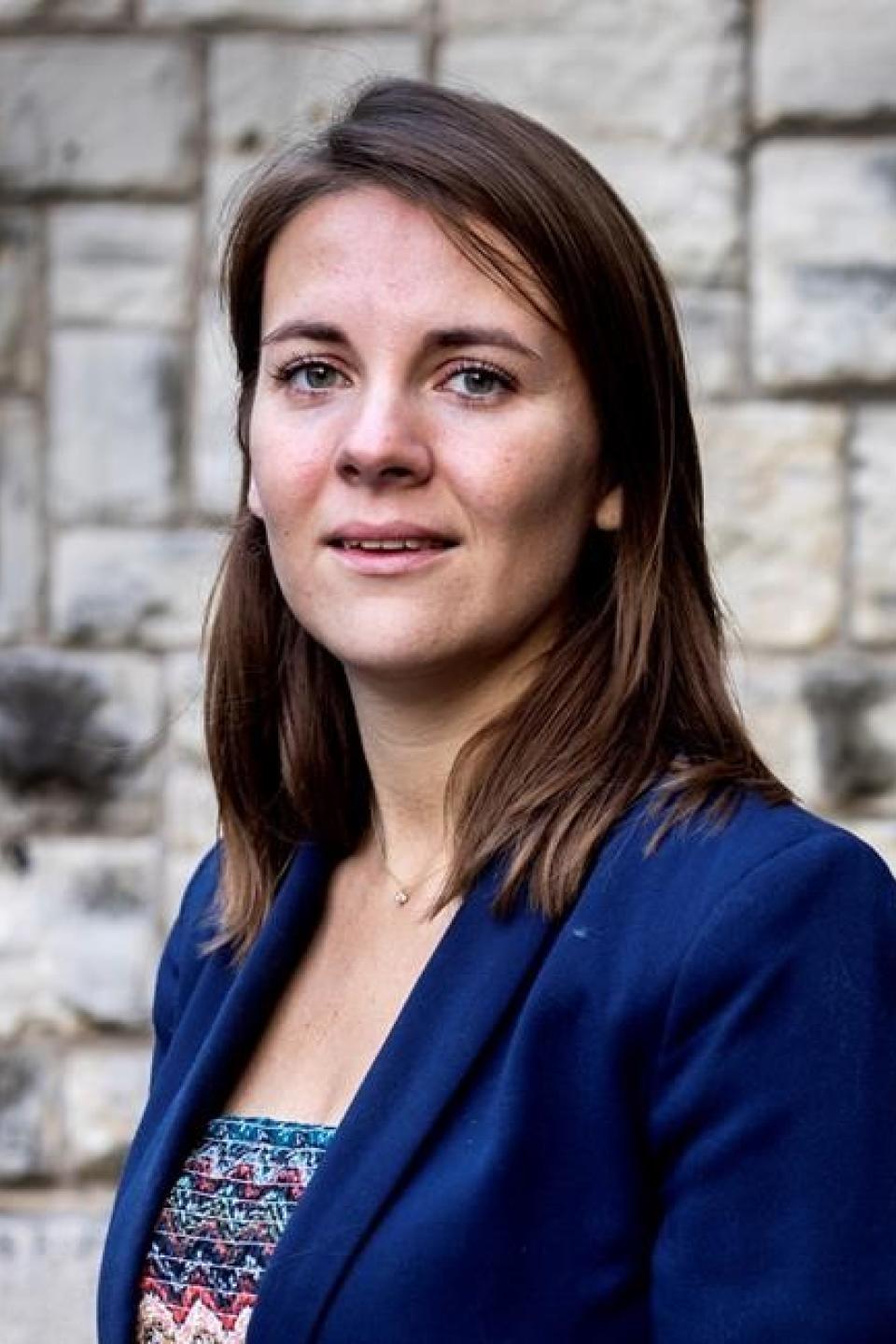Head of Department
People
S. Aksünger
International Law
I. Alexovicova
International Law
G.M. Arosemena Solorzano
International LawS. Bahman
International Law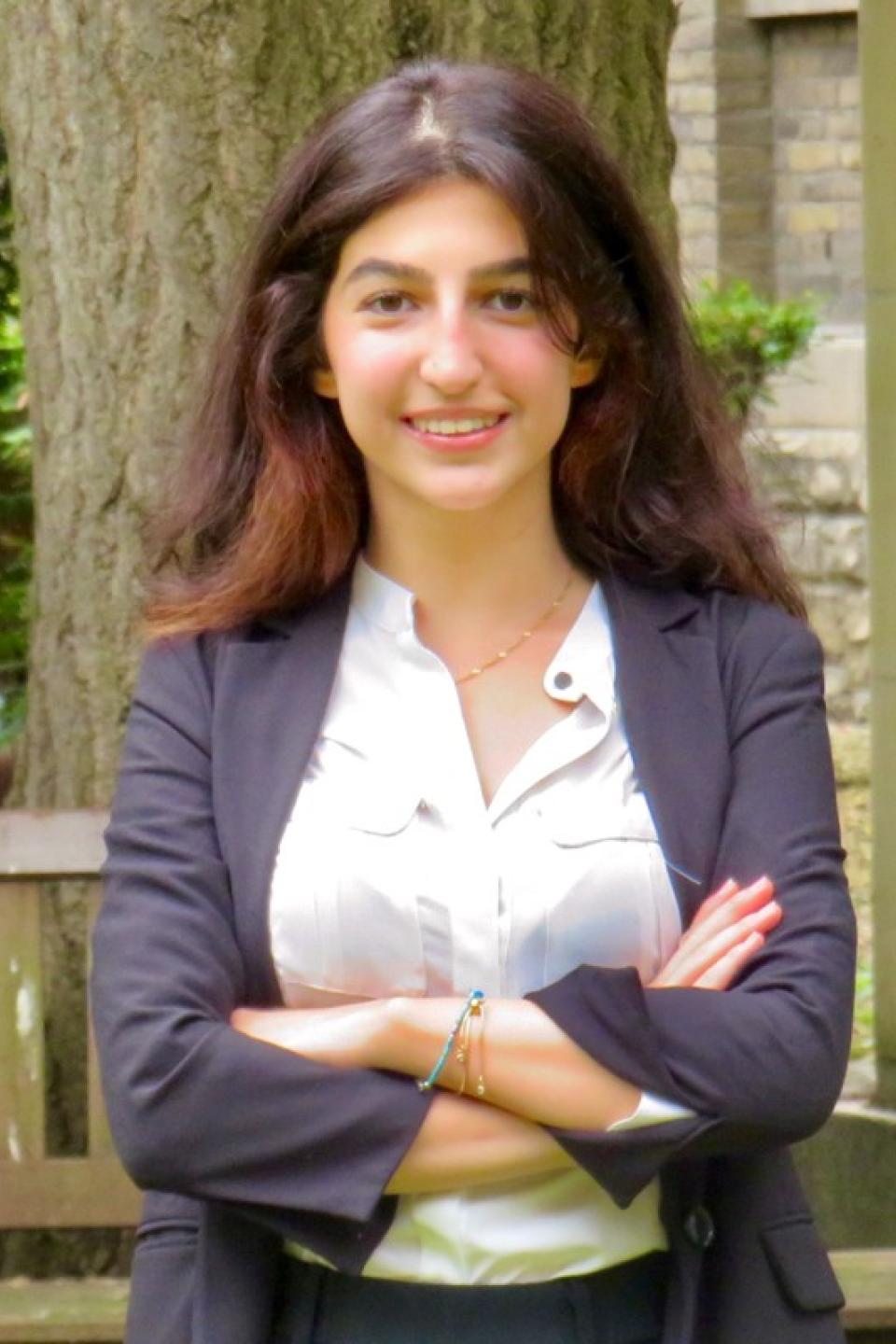
T.C. van Boven
International Law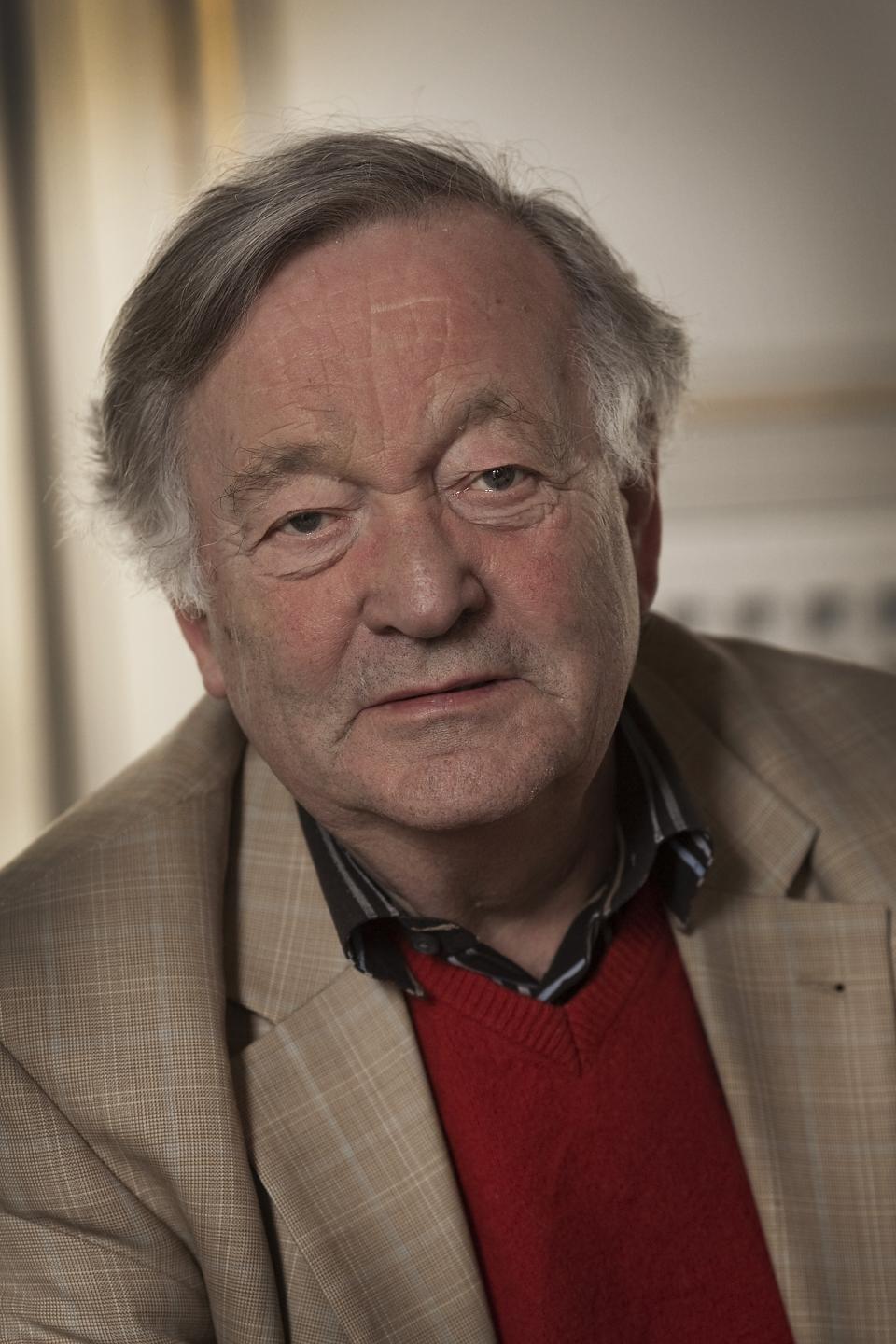
A.C. Broderick
International Law
G. Chapoupi
International Law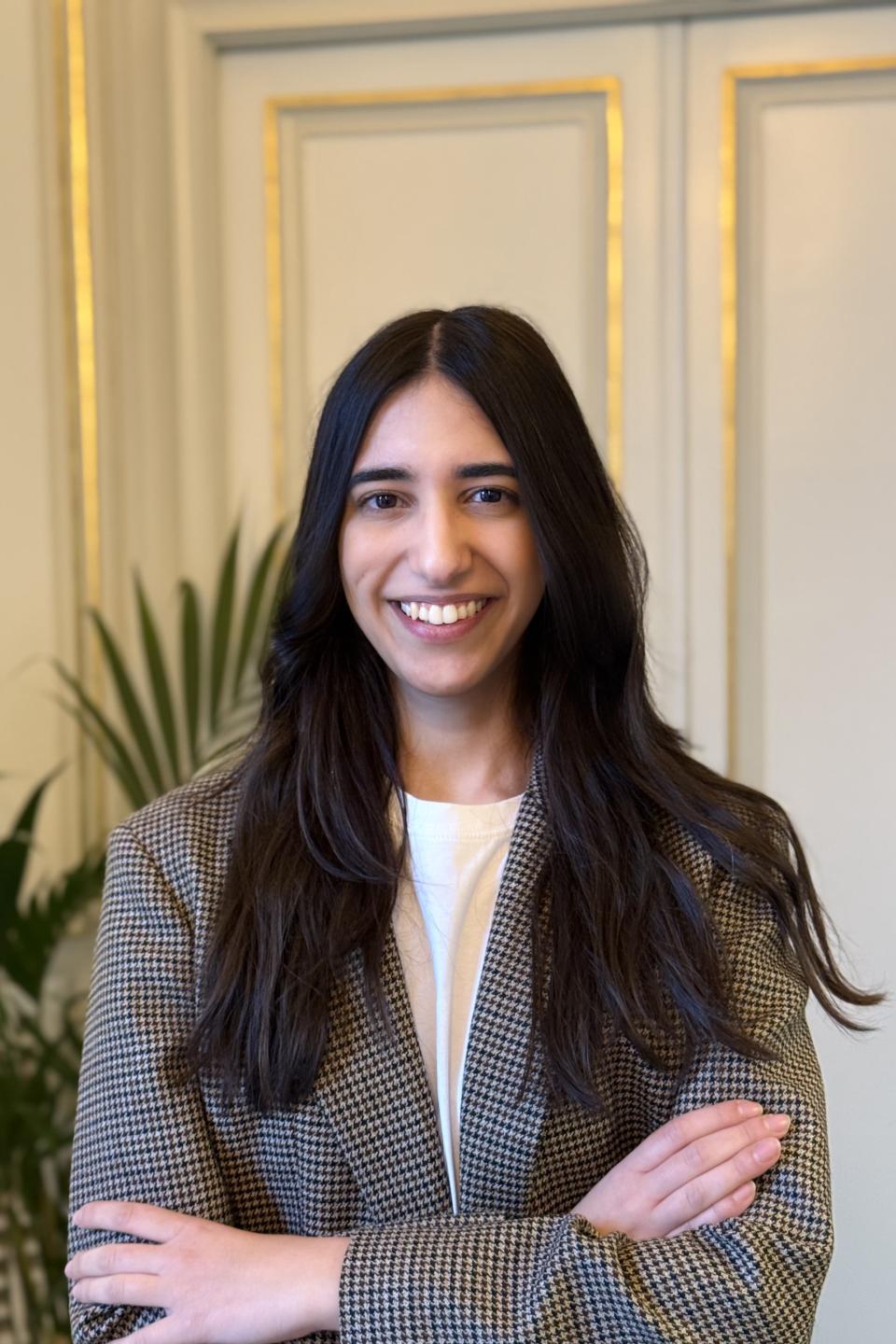
D.M.-P.R. Coppens
International Law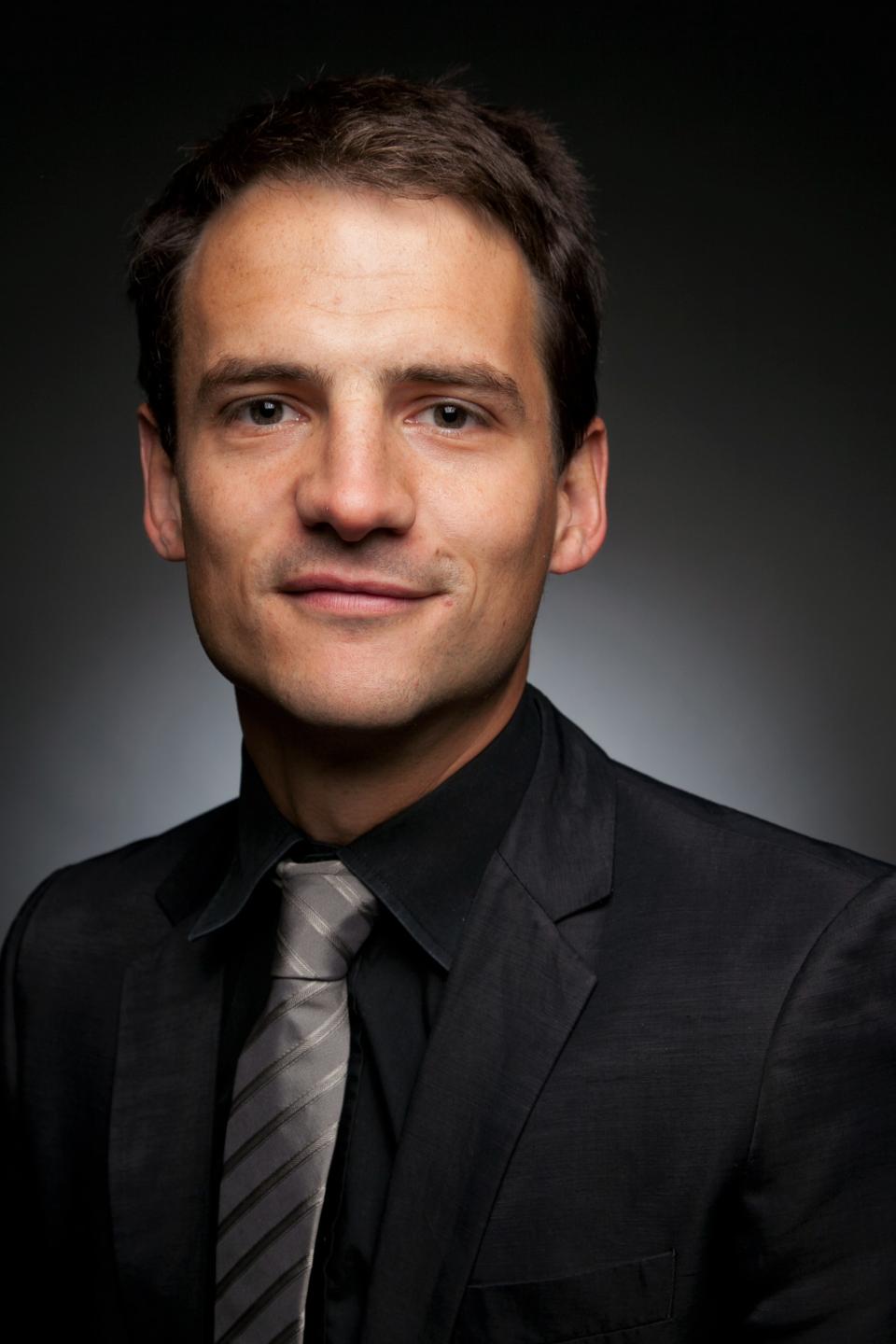
N. Dube
International Law
C.M. Eggett
International Law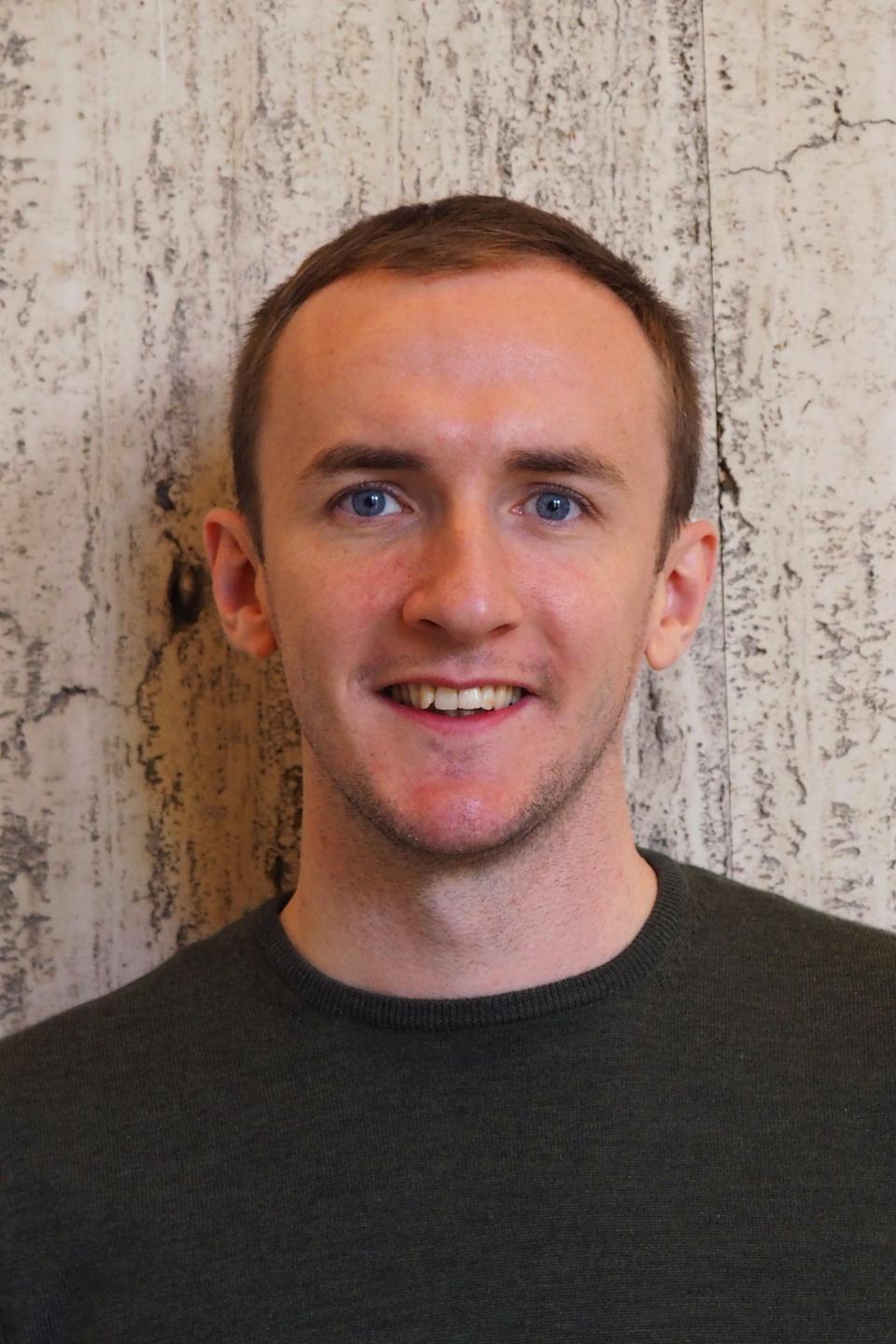
T.C.J.A. van Engelen
International Law
B. Erdogan
International Law
R. Ferrero Guillén
International Law
C. Flinterman
International LawM.B. Gracia
International Law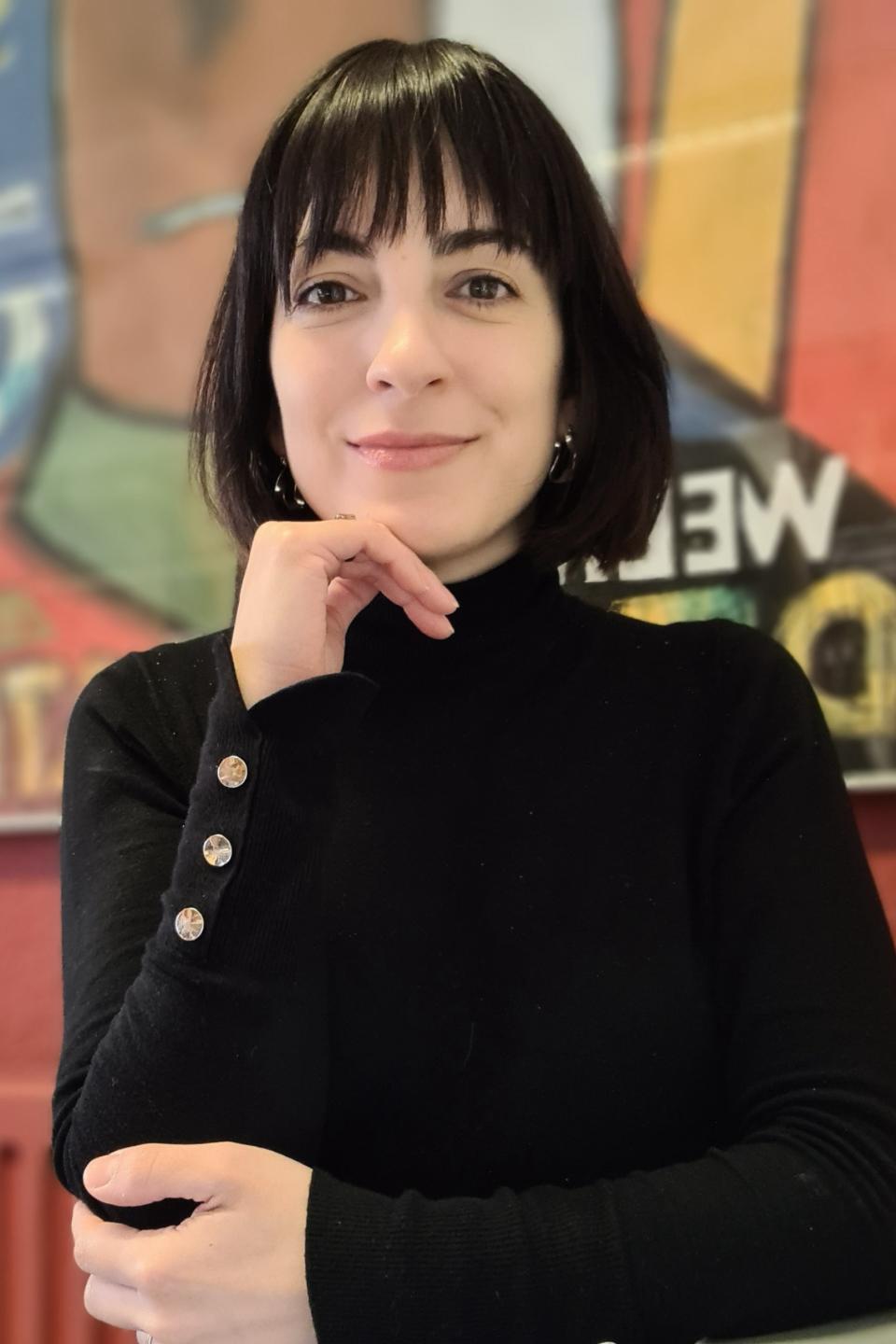
C.A.R. Heath
International Law
K. Jiang
International Law
E. Lijnzaad
International Law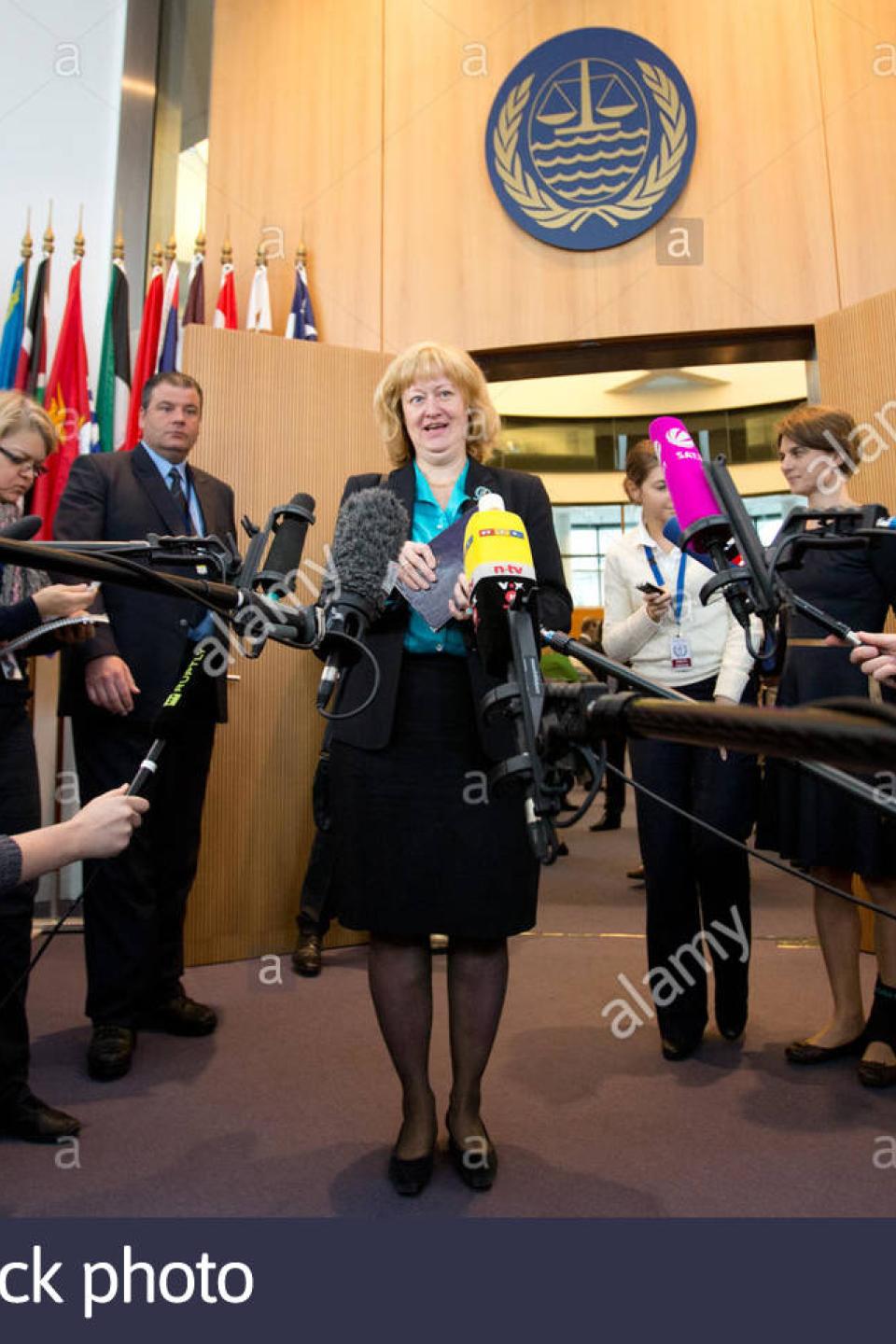
X. Lin
International Law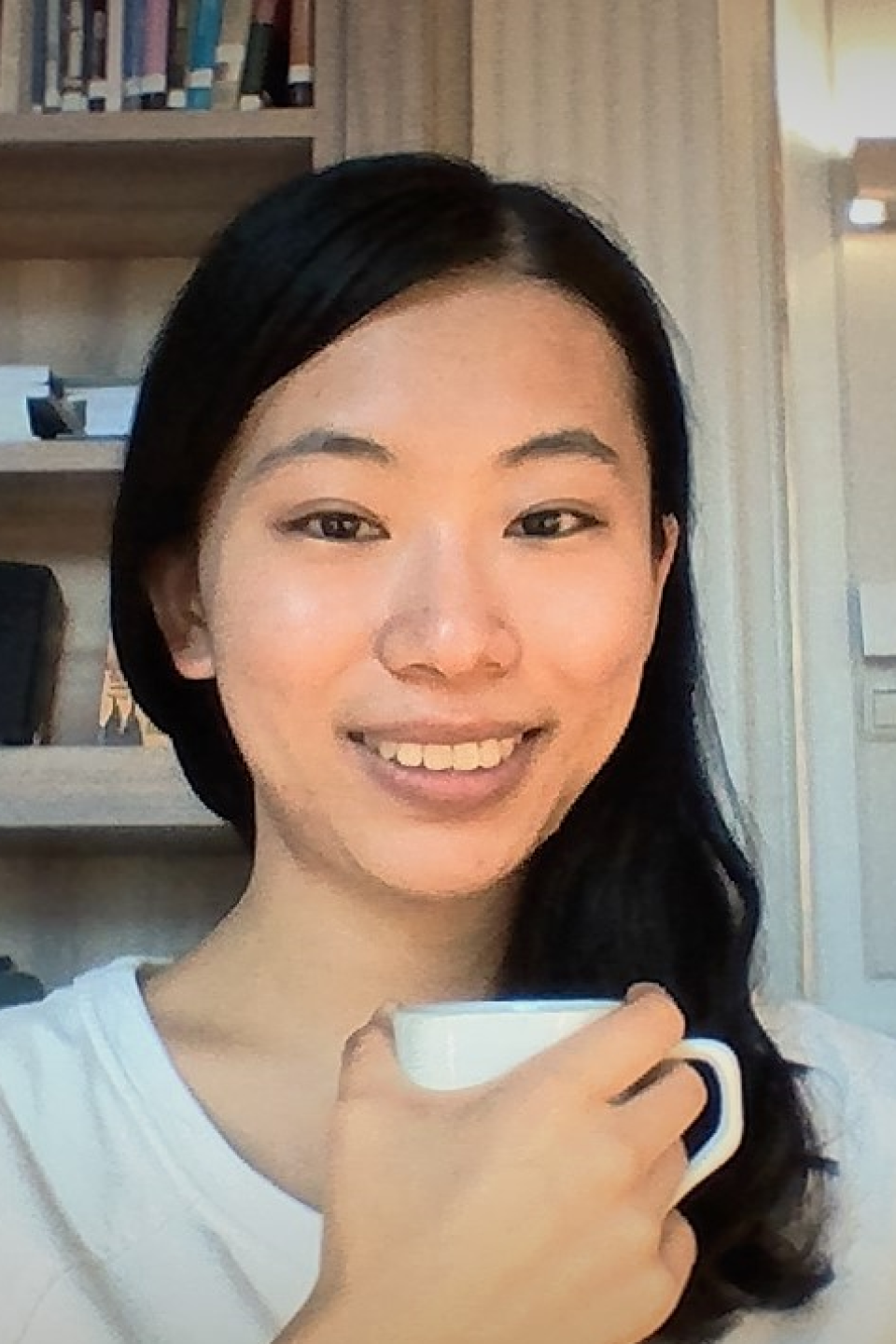
A. Moerland
International Law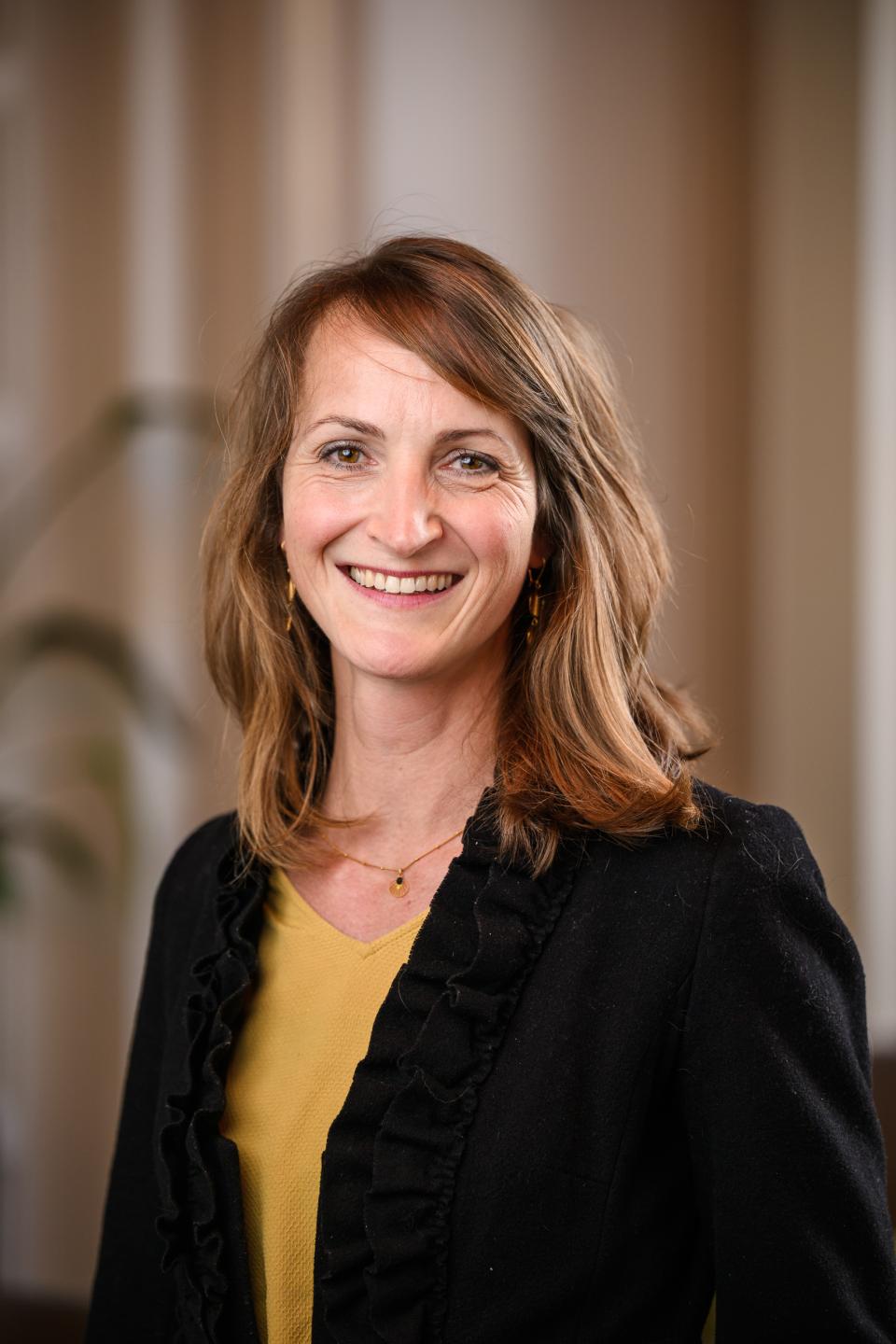
W.C.L. Muller
International Law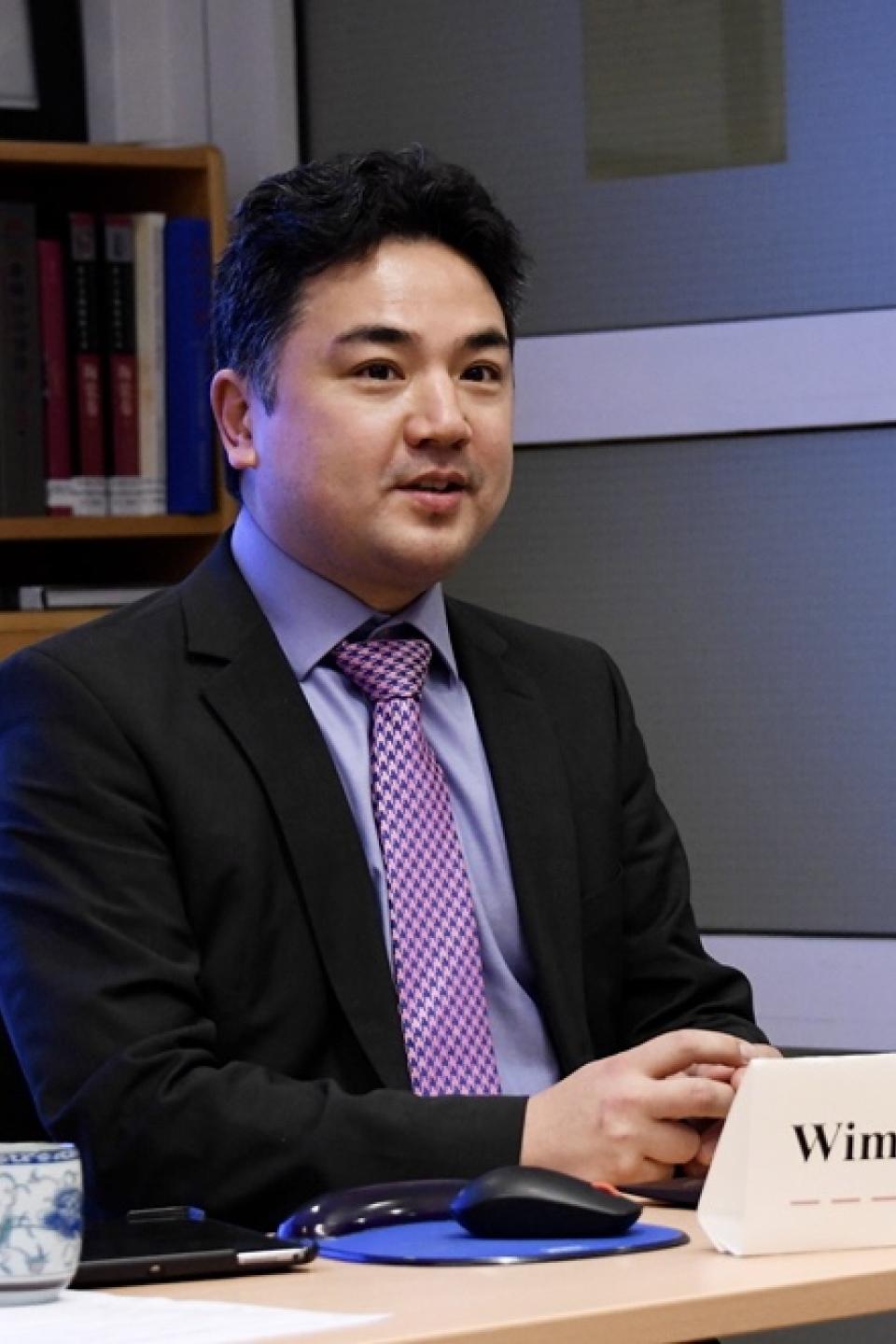
M.L. Munu
International Law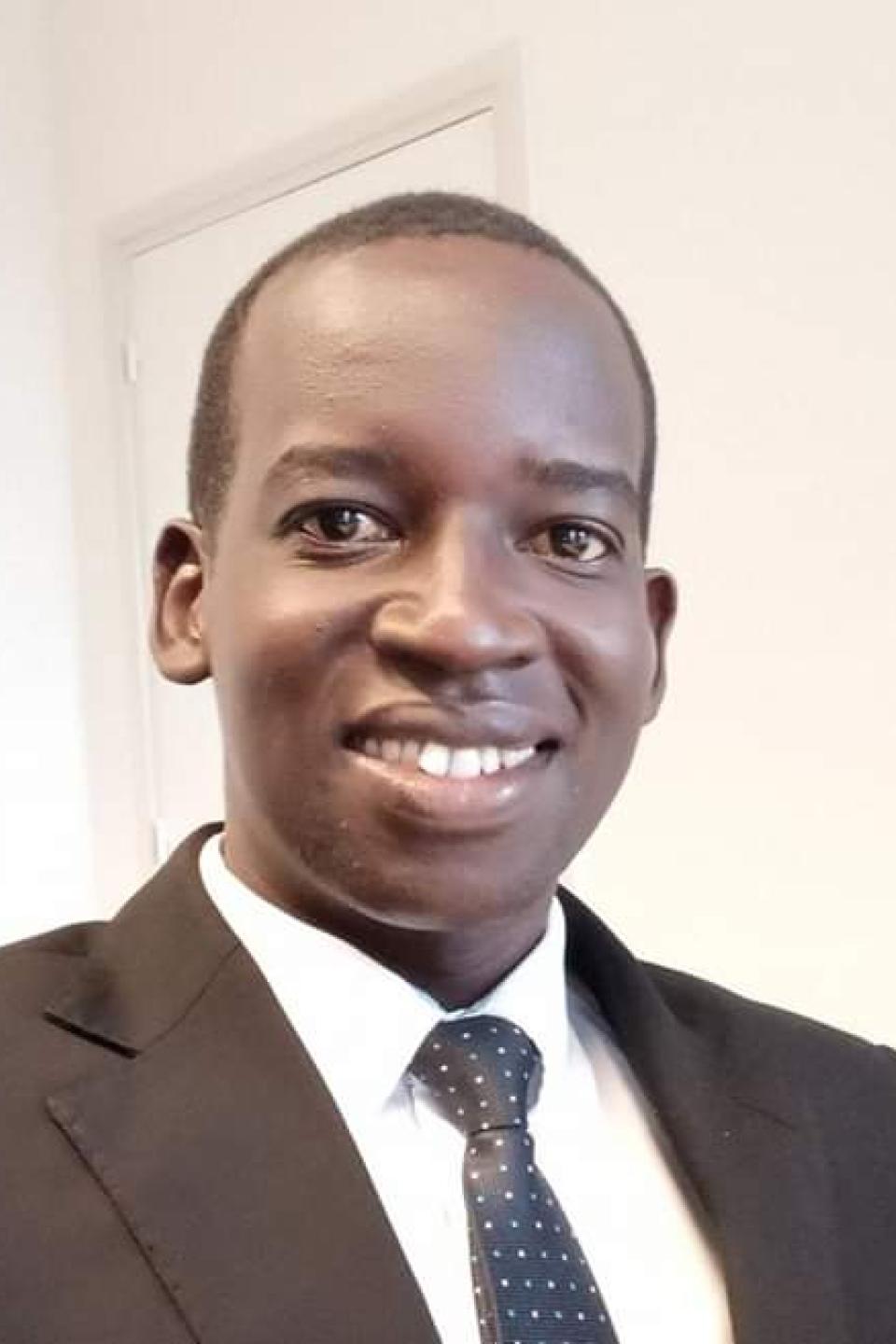
A. Ortega Navarro
International Law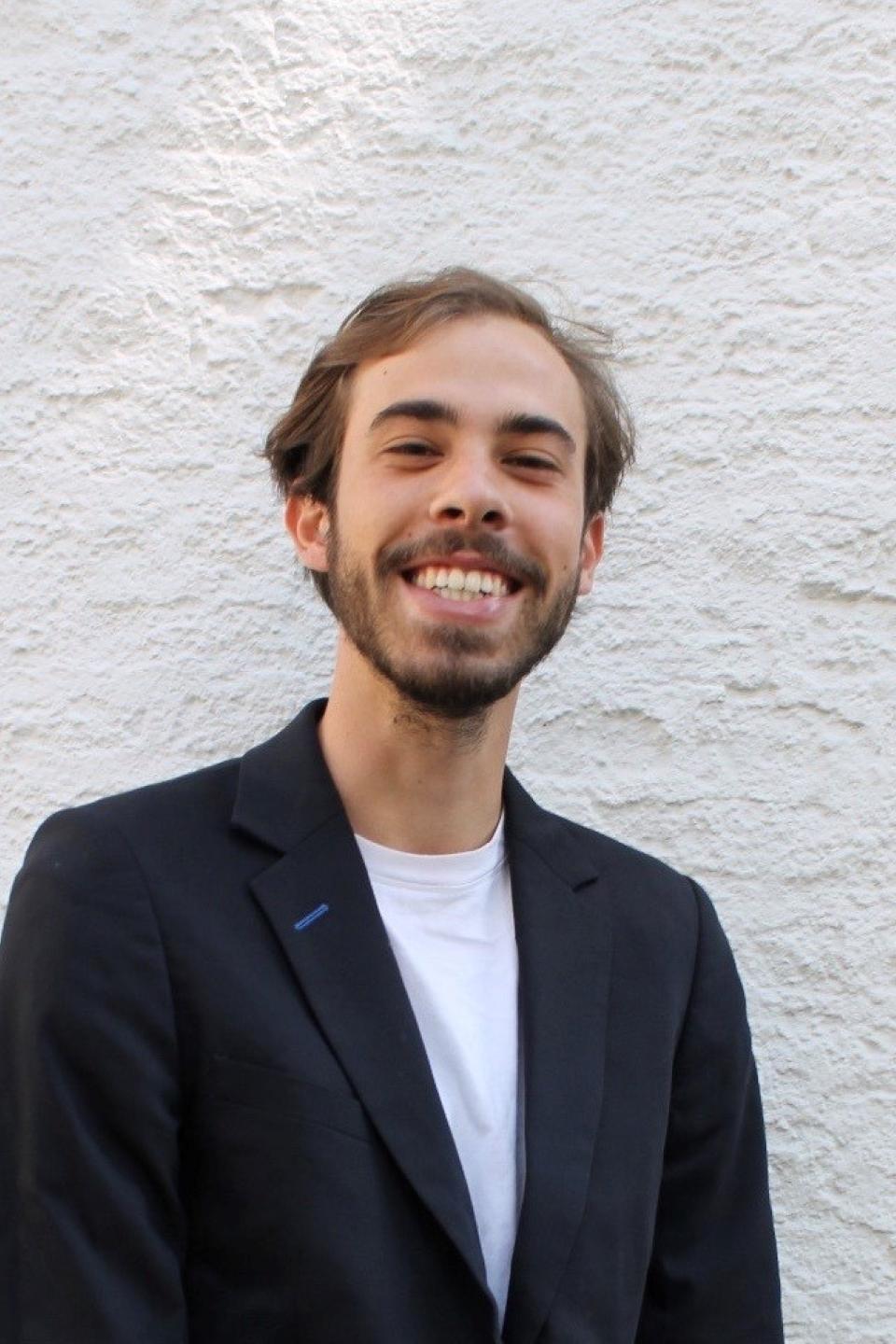
M.D. Prévost
International LawM.P. Pugatch
International Law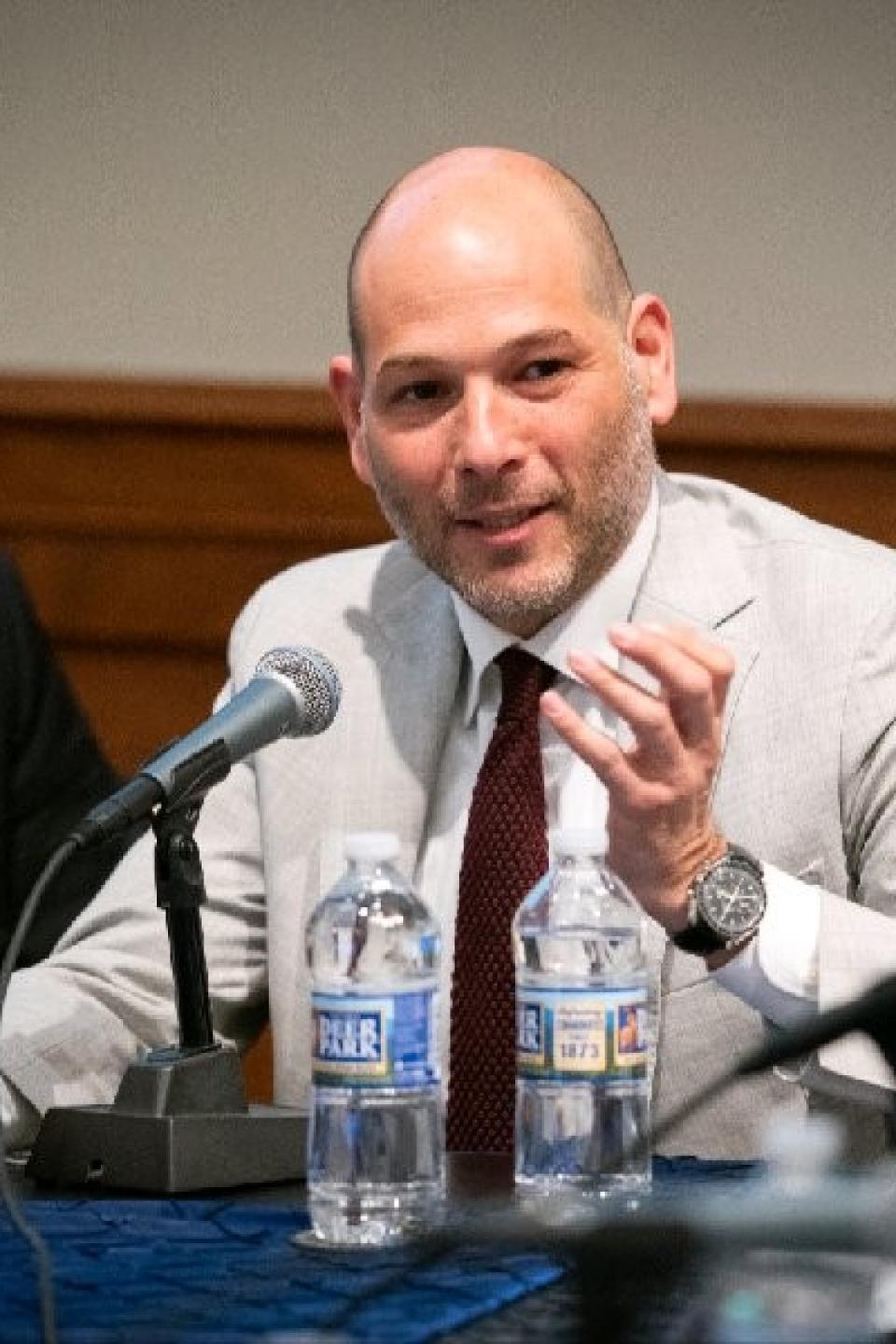
F.O. Raimondo
International Law
M.C. Sati
International LawM.K.M. Scheffers
International Law
J.A. Sellin
International Law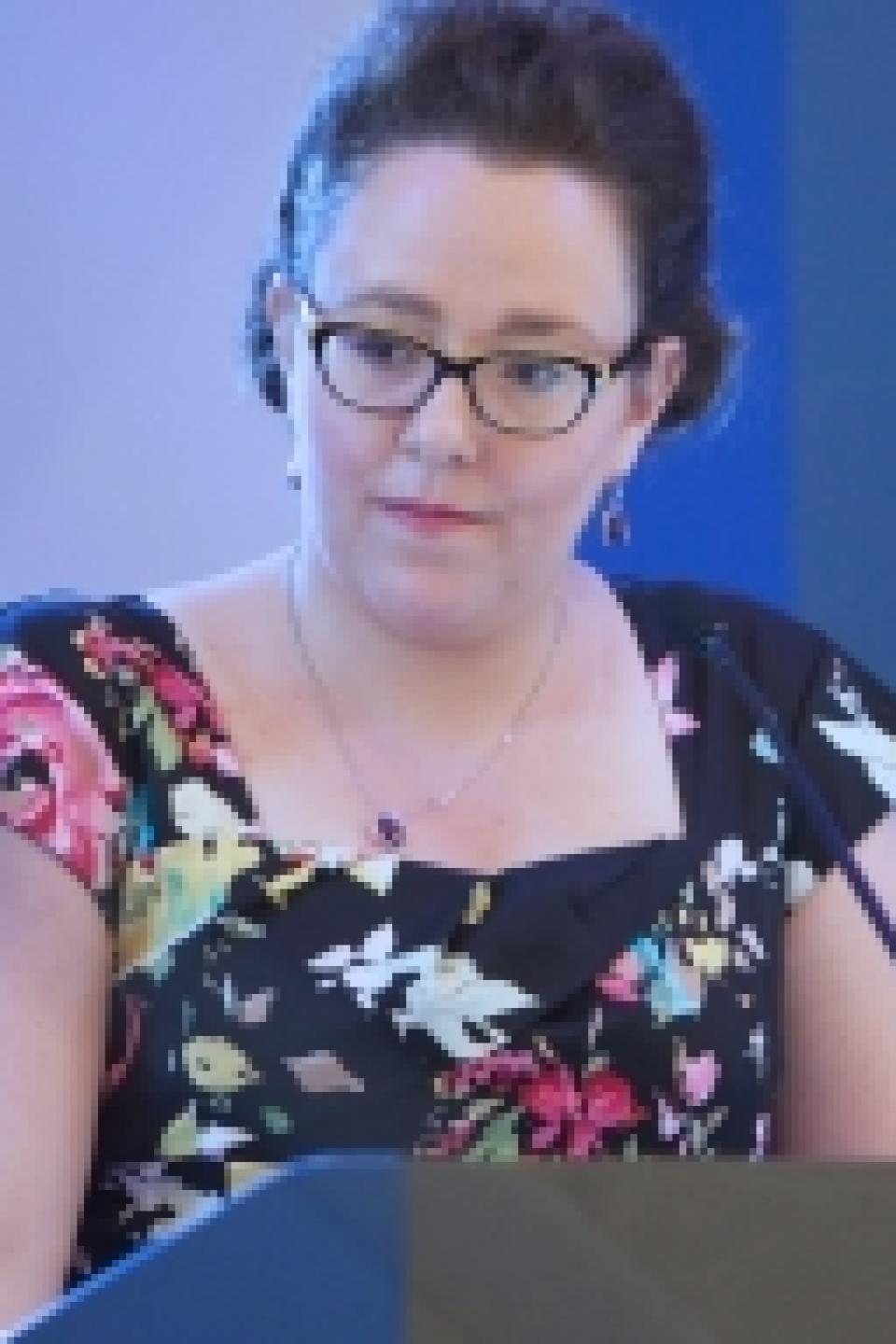
K. Tyagi
International Law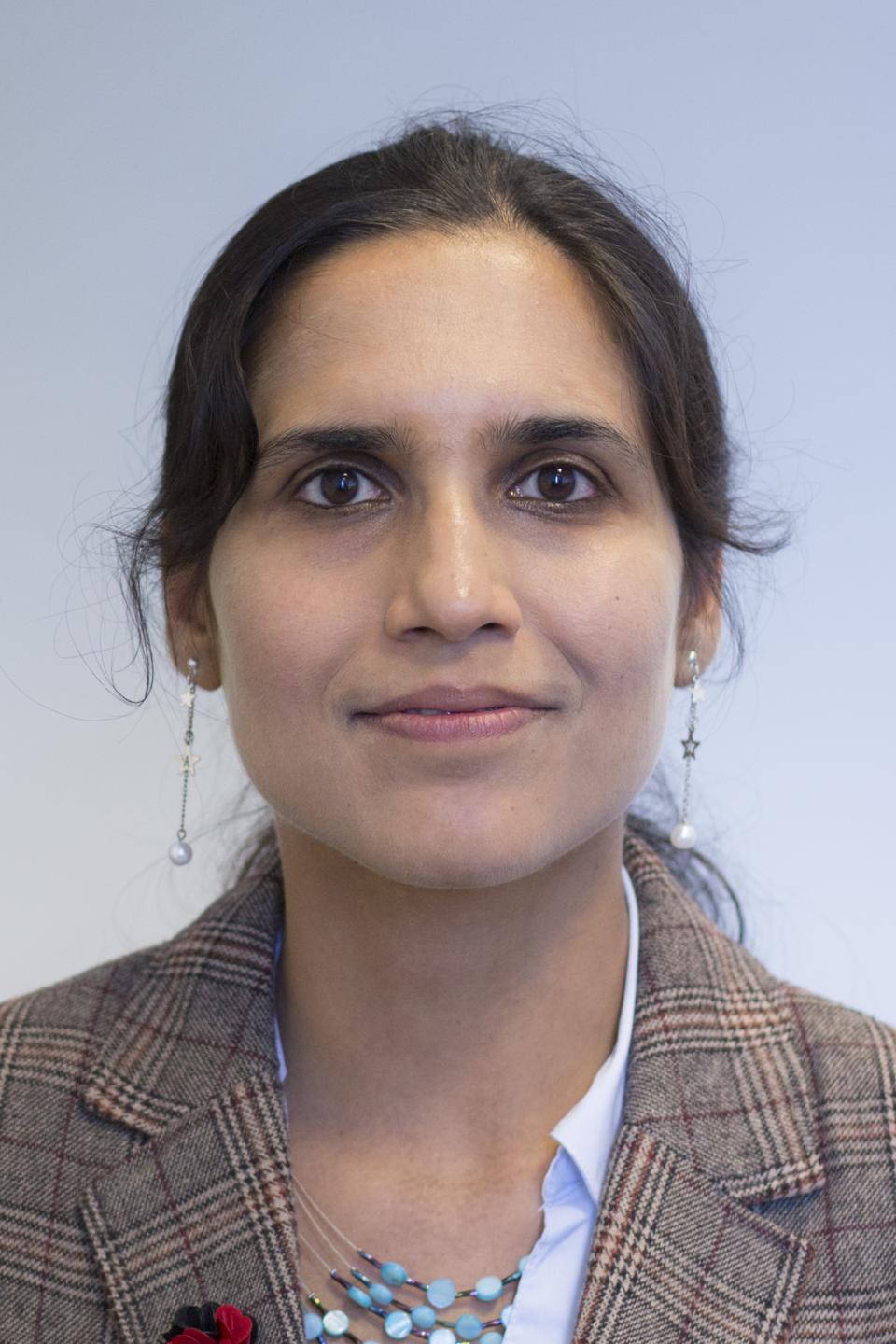
J. Vidmar
International Law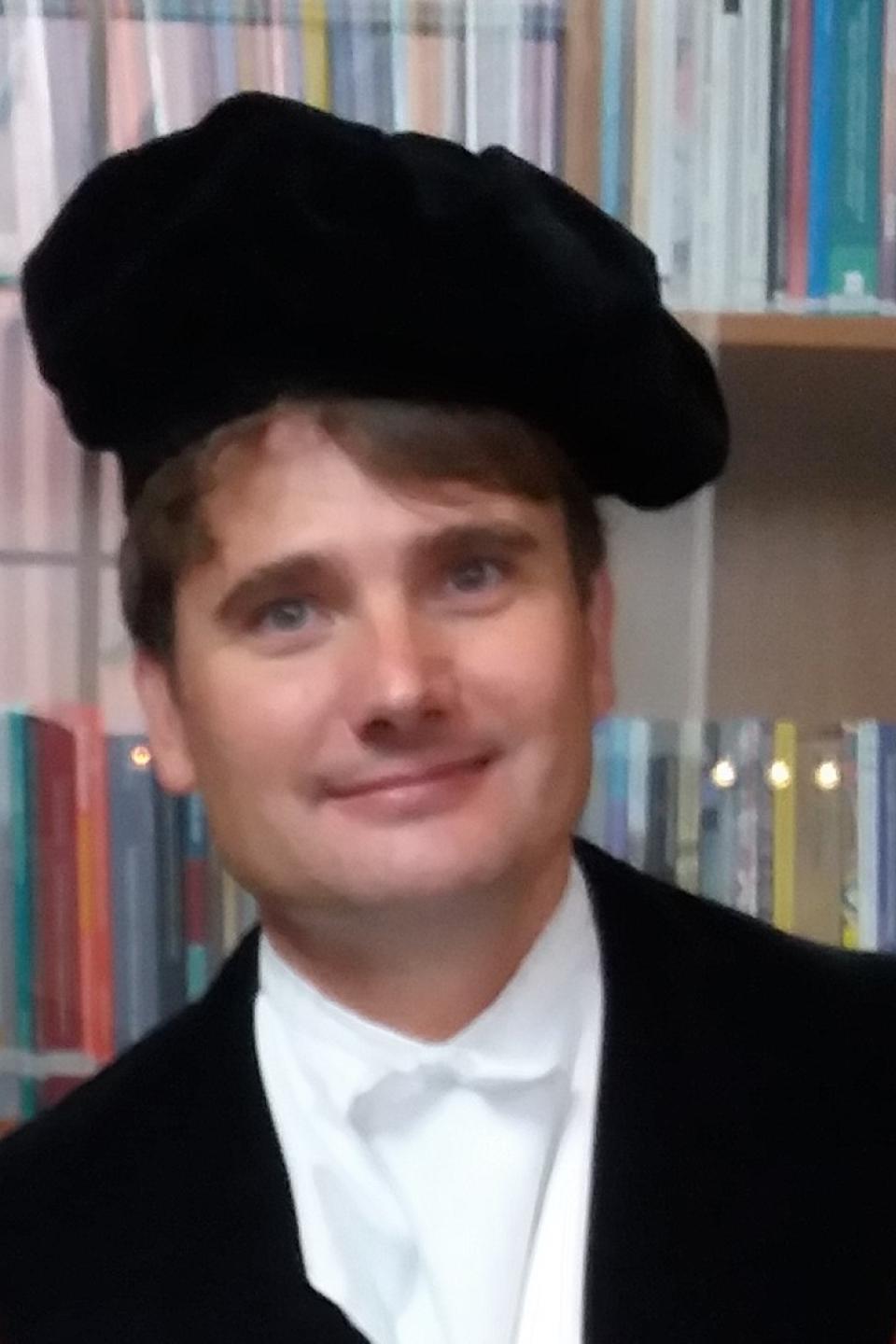
L. Visser
International Law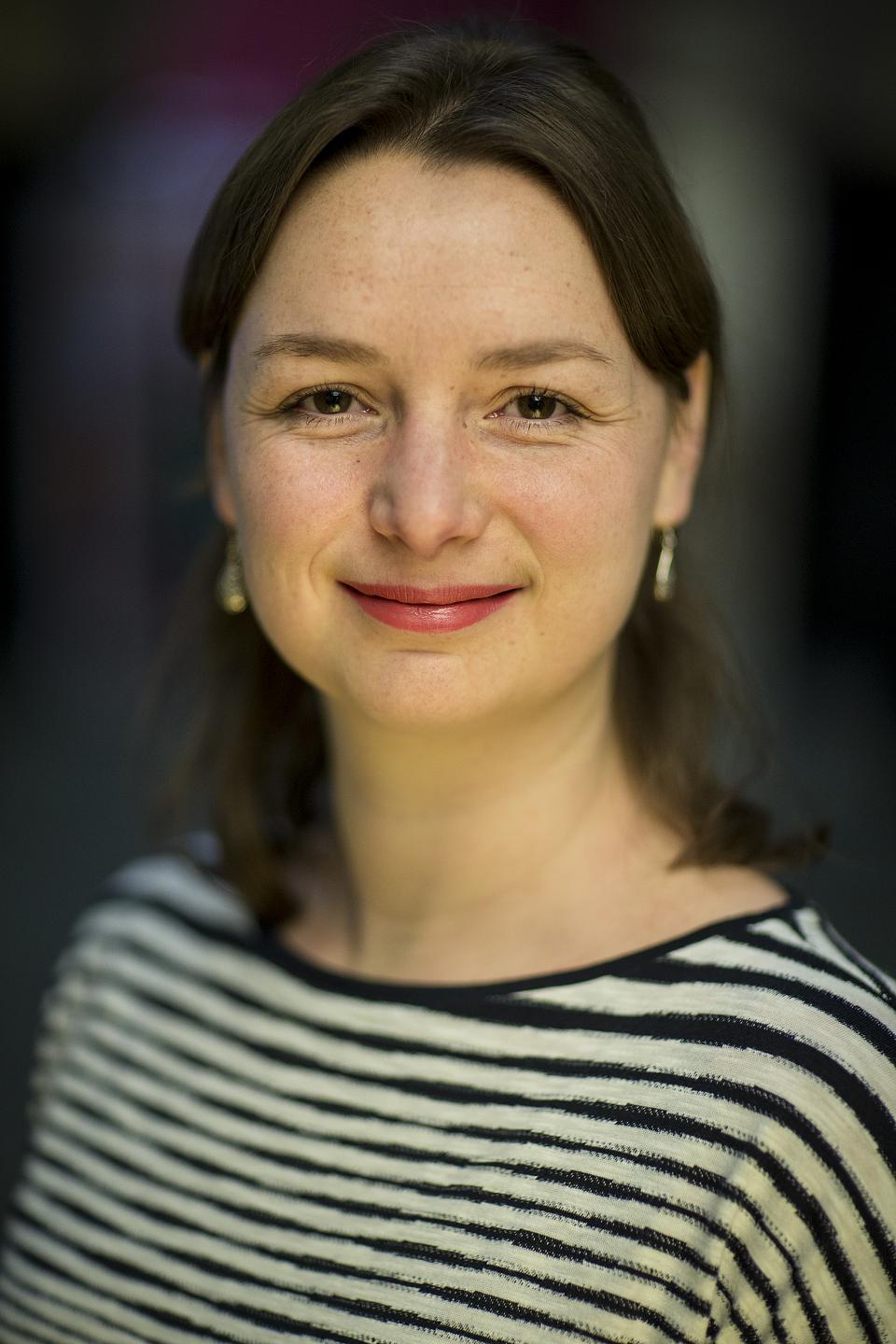
M. Wang
Onderzoekinstituut METROS. Zhang
International Law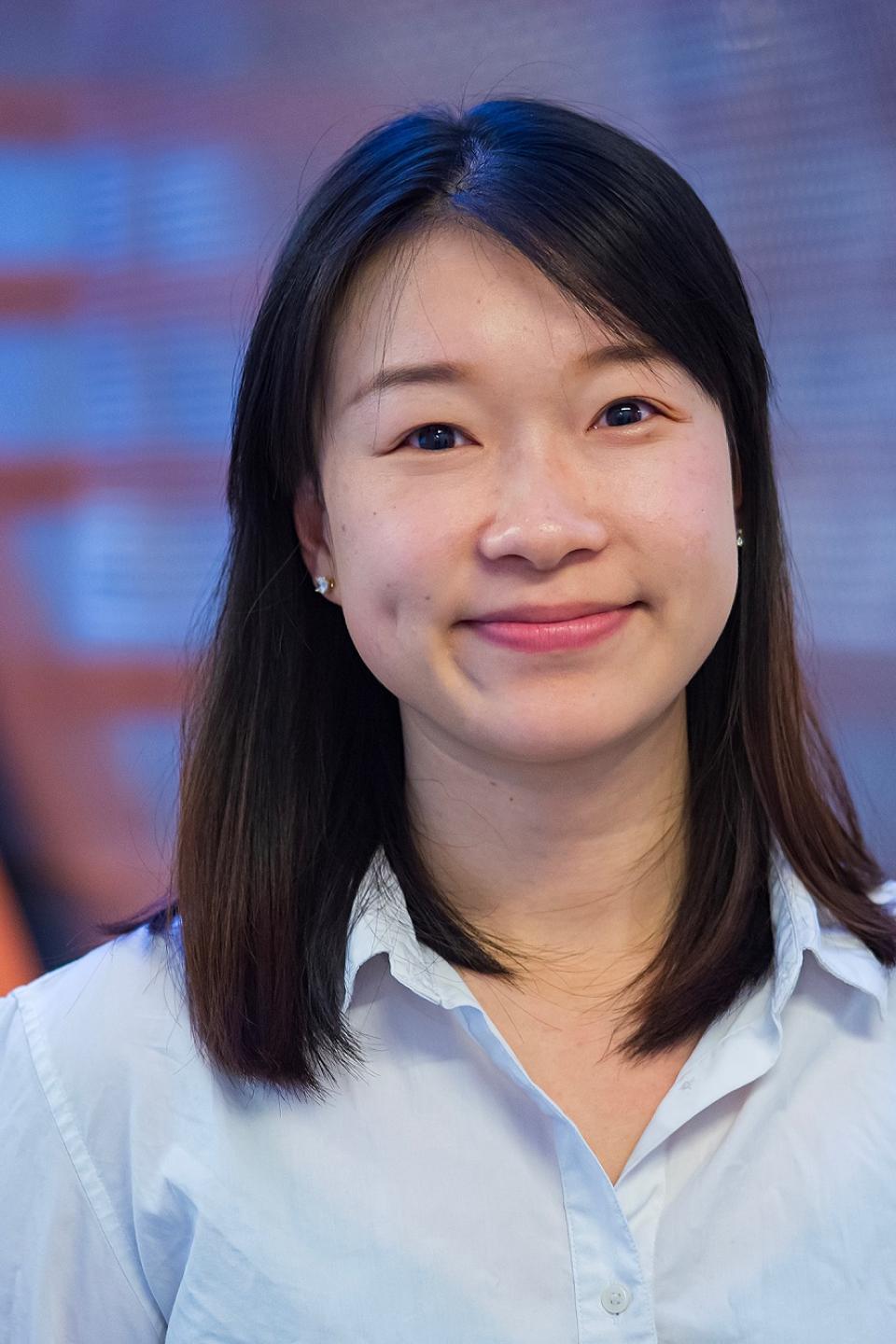
G. Zoboli
International Law
Institute for Globalisation and International Regulation
The Institute for Globalisation and International Regulation (IGIR) is an interdisciplinary research institute based at Maastricht University's Faculty of Law. The mission of the institute is to conduct research, to offer courses and seminars and to advise on the role of international regulation in addressing problems and challenges resulting from the process of economic globalisation.
Maastricht Centre for European Law
The Maastricht Centre for European Law is a large research community in EU law and consists of some 30 scholars. The Centre covers a broad range of areas of research in both institutional and substantive EU law, and the relation between EU law and national law.
Maastricht Centre for Human Rights
The Maastricht Centre for Human Rights facilitates and supports research in the field of human rights at Maastricht University’s Faculty of Law. Research conducted at the Centre is interdisciplinary, with a focus on public international law, criminal law and social sciences.
About
OPENCULT focused on the use of the open method of coordination (OMC) as one of the new cultural policy tools employed by the EU in the wake of the European Agenda for Culture in a Globalizing World (COM(2007) 242). The project studied the configuration of the cultural OMC, the institutional structures and policy objectives that define it, and the complex array of policy processes and instruments that it involves. It explored whether the cultural OMC has had a bearing on Member States’ cultural policies and it also examined its effects on EU cultural action.
Project funding: Seventh Framework Programme of the European Union, Support for training and career development of researchers (Marie Curie), Intra-European Fellowships (IEF), grant agreement FP7-PEOPLE-2012-IEF no. 327091
Contact
Dr. Evangelia Psychogiopoulou
Marie Curie Fellow
Maastricht University
Department of International and European Law
Bouillonstraat 1-3, 6211 LH Maastricht
Postbus 616, 6200 MD Maastricht
www.maastrichtuniversity.nl
Objectives
The main objectives of OPENCULT were the following:
to study the genesis of the cultural OMC and map the policy objectives, institutional
arrangements, processes, procedures and instruments that determine it;
to examine in a comparative fashion the effects of the cultural OMC on Member
States’ cultural policies;
to investigate the effects of the cultural OMC on EU cultural action;
to identify the factors that can strengthen the ability of the cultural OMC to contribute
to the development of national and EU policies that protect and promote cultural
diversity;
to ensure broad diffusion of the project’s findings and stress its relevance for cultural
policy-making.
Workplan
OPENCULT’s work plan consisted of four phases.
Phase 1 – State of the art
Phase 1 set the theoretical framework of the project. It provided a critical overview of the state of the art and existing literature on EU cultural action, national cultural policy-making in the light of European integration and the OMC. In particular, it contextualized the OMC within the broader debate on EU governance and addressed the establishment and evolution of EU cultural policy and its interaction with Member States’ cultural policies.
Phase 2 – Empirical analysis
Phase 2 engaged in empirical analysis, involving in-depth research on:
a) the configuration of the cultural OMC and its evolution in the context of two distinct cycles (2008-2010; 2011-2014);
b) the effects of the cultural OMC on Member States’ cultural policies; and
c) the effects of the cultural OMC on the EU’s cultural policy and broader cultural action.
Phase 3 – Analysis of empirical data
Phase 3 focused on the analysis of the empirical data collected. It sought to:
a) evaluate and explain similarities and differences as regards the effects of the cultural OMC on Member States’ cultural policies; and
b) assess the impact of the cultural OMC on the EU’s cultural activity.
Phase 4 – Dissemination of results
Phase 4 run throughout the duration of the project. It was designed to achieve the widest possible diffusion of the project’s scientific and policy-related output and access the project’s potential users and key target groups: academics, researchers, national and EU cultural policy-makers, civil society and the public at large.
Project duration: February 2014-September 2016
News/Events
Project events
Workshop: The cultural open method of coordination: A new boost for cultural policies in Europe?
This workshop took place on 20 June 2016 at UM Campus Brussels (Brussels, Belgium). The aim was to disseminate information about the findings of OPENCULT and gather feedback from participants. The workshop brought together representatives from Member States’ cultural administrations, staff from the Directorate Education and Culture of the European Commission, scholars and cultural practitioners. The workshop covered the origins of the cultural open method of coordination, its configuration and operationalisation in a broad range of cultural areas, its adequacy in achieving its goals, and its policy impact. It was open to the public upon registration and it was funded by the European Union’s Seventh Framework Programme for research, technological development and demonstration activities (2007-2013).
Contact
For information purposes: Evangelia Psychogiopoulou
Programme
Download the programme
Seminar: The cultural open method of coordination
This seminar took place on 21/6/2016 at Maastricht Centre for European Law (Maastricht, The Netherlands). Its purpose was to discuss and assess the use of the open method of coordination (OMC) in the field of culture. Evangelia Psychogiopoulou presented key project results concerning the ability of the cultural OMC to fulfil its goals, namely to structure Member States’ cultural cooperation, to foster the exchange of best practices and to feed national and EU policies through policy recommendations. She also reflected on whether or not the process has an influence on national and cultural policies. The seminar brought together PhD candidates, colleagues at Maastricht University and researchers working in the field of policy coordination and culture.
Contact
For information purposes: Evangelia Psychogiopoulou
Workshop: Taking stock of the open method of coordination
This workshop will take place on 24-25/11/2016 in the framework of the 2016 Ius Commune Conference (http://www.iuscommune.eu/html/activities/2016/2016-11-24/programme.htm) in Maastricht, The Netherlands. Its purpose will be to examine the design and functioning of the open method of coordination (OMC) in various EU policy areas and to compare the OMC with other modes of EU and global governance. The workshop will primarily target scholars, researchers and staff from the European Commission.
The programme of the workshop is available at: http://www.iuscommune.eu/html/activities/2016/2016-11-24/workshop_4a.pdf (24/11/2016) and http://www.iuscommune.eu/html/activities/2016/2016-11-24/workshop_4b.pdf (25/11/2016).
Contact
For information purposes: Evangelia Psychogiopoulou
Publications
Psychogiopoulou, E. (Ed.). (2015). Cultural governance and the European Union: Protecting and promoting cultural diversity in Europe, Palgrave Macmillan
What is the role of culture in the European Union's (EU's) law and policies? In what ways have cultural issues been framed at the level of the EU, and in the pursuit of what objectives? Cultural Governance and the European Union: Protecting and Promoting Cultural Diversity in Europe explores key features of the EU's cultural action and policies, examining their strengths and weaknesses at a time of unprecedented challenges - the recent economic crisis, globalisation and digitalisation, changes in cultural production, distribution and consumption.
Contents:
Introduction: Evangelia Psychogiopoulou
PART I: THE EU CULTURAL POLICY
1. The Cultural Logic Of Economic Integration; Rachael Craufurd Smith
2. Encapsulating EU Cultural Policy Into The EU's Growth And Competiveness Agenda: Explaining The Success Of A Paradigmatic Shift In Brussels; Annabelle Littoz-Monnet
3. The Cultural Open Method Of Coordination; Evangelia Psychogiopoulou
4. The Creative Europe Programme: Policy-Making Dynamics And Outcomes; Anna Kandyla
PART II: EU INTERNAL POLICIES AND CULTURE
5. The Protection Of National Treasures In The EU Single Market; Tania Kyriakou
6. Cultural Diversity In The Digital Age: EU Competences, Policies And Regulations For Diverse Audiovisual And Online Content; Kristina Irion And Peggy Valcke
7. Cultural Diversity And The EU Copyright Policy And Regulation; Giuseppe Mazziotti
8. Digital Rights Management And Rights Licensing In The Online Music Sector: A Case For Cultural Diversity?; Katharine Sarikakis
9. Cultural Diversity And State Aids To The Cultural Sector; Delia Ferri
10. Cultural Diversity And State Aids To Public Service Media; Karen Donders And Tim Raats
PART III: FUNDAMENTAL RIGHTS AND CULTURE
11. The EU Charter Of Fundamental Rights And Cultural Diversity In The EU; John Morijn
12. The Right To Access Culture Under EU Law; Céline Romainville
13. The EU's Relationship With Minority Rights; Tawhida Ahmed
PART IV: EU EXTERNAL POLICIES AND CULTURE
14. The European Union, The World Trade Organization And Cultural Diversity; Mira Burri
15. The Implementation Of The UNESCO Convention On The Protection And Promotion Of The Diversity Of Cultural Expressions In EU External Relations; Jan Loisen
16. EU Cultural Cooperation With Third Countries: The Cases Of Latin America And The Mediterranean; Carmina Crusafon
Conclusion: Culture And The European Union; Evangelia Psychogiopoulou
For more information please see here
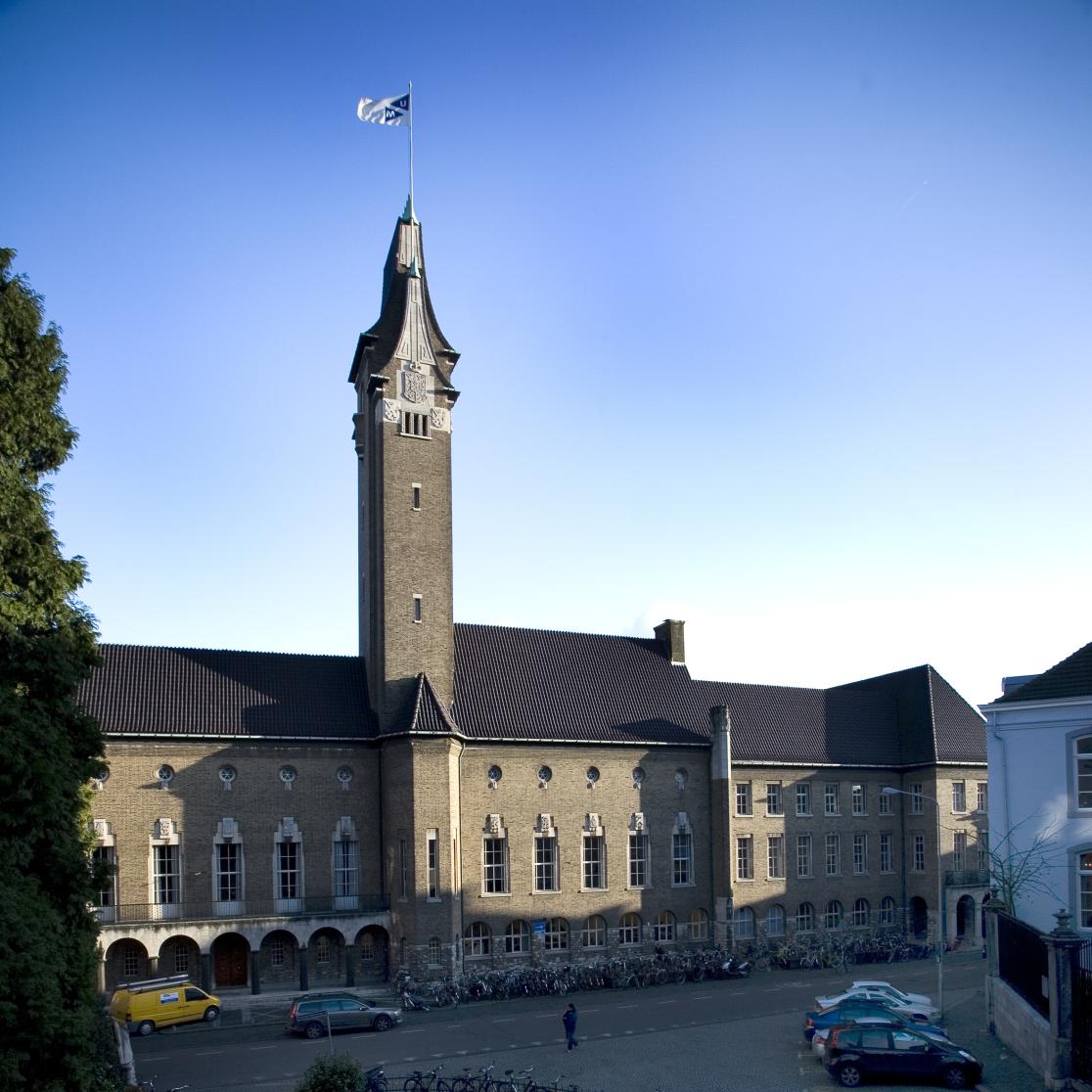
Related Links
- To identify and measure integration outcomes, integration policies, and other contextual factors that can impact policy effectiveness
- To describe the real and potential beneficiaries of policies in seven key areas, namely employment, education, political participation, access to nationality, family reunification, long-term residence, and anti-discrimination.
- To collect and analyse high-quality evaluations of integration policy effects.
The key research outputs will be an interactive website building on the successful MIPEX website and an E-book presenting all the data through easy-to-use country profiles, analysis, and databases. This data will be calculated separately for every country and for each of the seven policy areas. In order to deliver these outputs, the MIPEX team will:
- Update policies - the project will provide detailed and comparable accounts of the most recent policy changes, building on the baseline data gathered in the MIPEX research. A new strand on health will be added in partnership with the COST/ADAPT research network and the International Organisation for Migration.
- Collect and analyse statistical information on policy outcomes, context, and beneficiaries.
- Identify and analyse evaluations of policy effects in at least 10 Member States.
- Publish and disseminate the results - press campaign will be organised in all 28 EU Member States and in-depth policy debates in at least 12. At the final event in Brussels, the results of the research, evaluations and national debates will be presented, aiming to link national with European debates and the Stockholm Programme with the Europe 2020 strategy.
The project “Integration policies: Who benefits?” is co-funded by the European Fund for the Integration of Third-Country Nationals. The project started in November 2013 and will finish in April 2015.
The project will conduct a complete review of integration outcomes, policies, and beneficiaries in the 28 EU Member States. In addition, the project aims to include other countries, Norway, Switzerland, South Korea, Japan, and major OECD countries of immigration, such as Australia, Canada, New Zealand, and the US (at the costs of partners in these countries).
| Country | Institute |
|---|---|
| Austria | Beratungszentrum für Migranten und Migrantinnen |
| Belgium | GERME, Free University of Brussels (ULB), MPG |
| Bulgaria | OSI |
| Croatia | Institute for migration and ethnic studies |
| Cyprus | CARDET |
| Czech Republic | Multicultural Centre Prague |
| Estonia | Institute of Baltic Studies |
| Finland | Institute of Migration |
| France | France Terre d'Asile |
| Germany | Boell Foundation |
| Greece | Hellenic Foundation for European and Foreign Policy - ELIAMEP |
| Hungary | ICCR Budapest Foundation |
| Ireland | Immigrant Council of Ireland |
| Italy | ISMU |
| Latvia | Centre for Public Policy PROVIDUS |
| Lithuania | Lithuanian Social Research Centre |
| Luxembourg | Association de Soutien aux Travailleurs Immigrés (ASTI) |
| Malta | The People for Change Foundation |
| Netherlands | Maastricht University |
| Poland | Institute of Public Affairs |
| Portugal | Centre for Geographical Studies, University of Lisbon |
| Romania | Soros Foundation Romania - OSI |
| Slovakia | Institute for Public Affairs |
| Slovenia | Peace Institute |
| Spain | Barcelona Centre for International Affairs (CIDOB) |
| Sweden | Swedish Red Cross |
| UK | COMPAS |
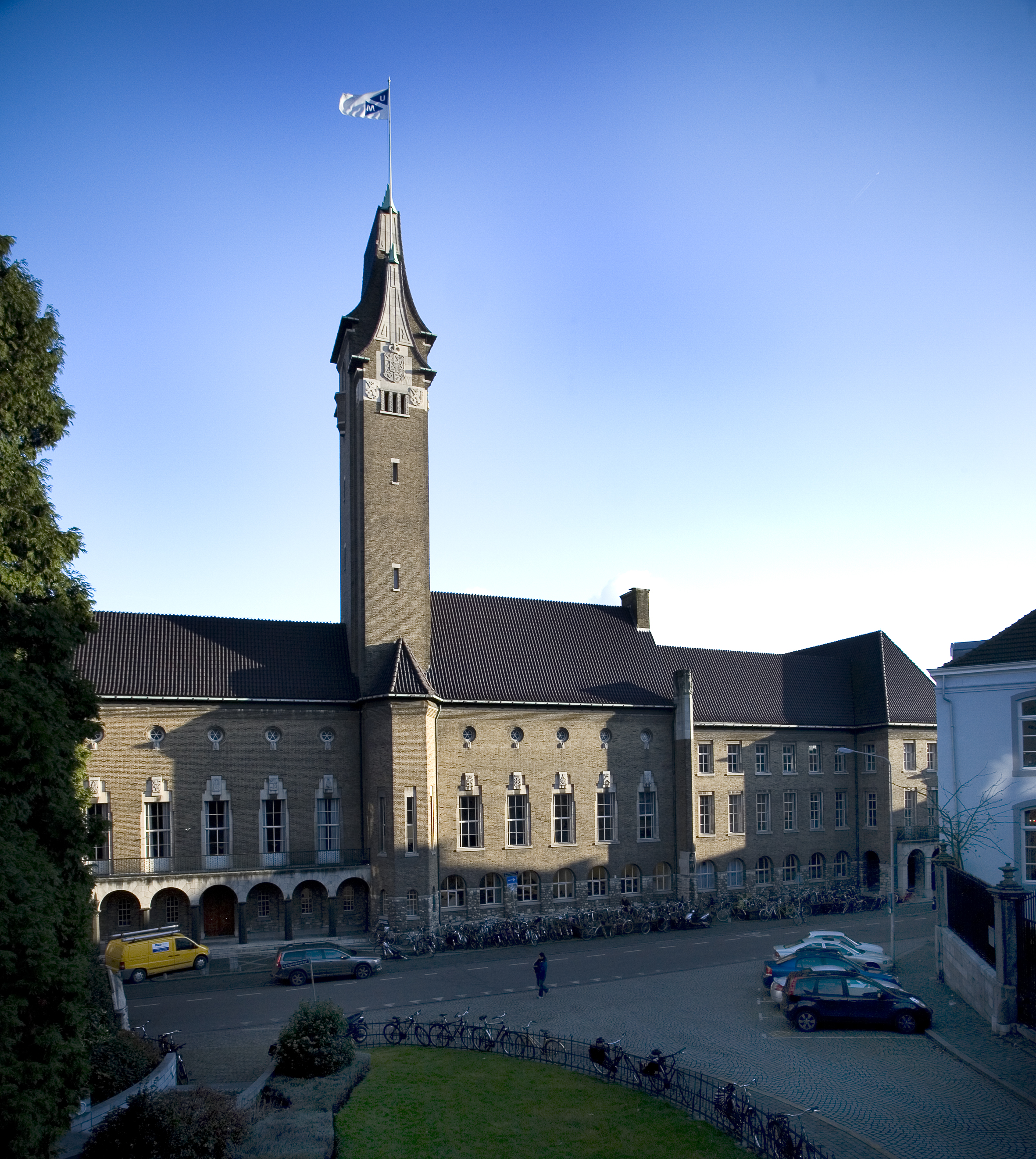
Food and health have become key priorities for most EU member states during the last decades. This is a consequence of the continent-wide growing obesity epidemic and high rates of diet-related chronic diseases such as cardiovascular diseases and diabetes. In addition, adjusted dietary patterns for certain population groups, such as elderly people and pregnant women, should be promoted. The ultimate goal is to promote a healthier eating pattern for the complete population.
At first, raising public awareness of appropriate ways to eat more healthily was the approach used by most EU Member States, to tackle diet-related problems in the population. However, the impact of increasing public awareness appeared to be not sufficient to significantly change the eating behavior of consumers. Therefore, new methods need to be used in order to reach a systematic change in eating behavior. It has become clear that the development of effective measures for improvement is a demanding task and requires further systematic research and innovative approach. One main question that this research needs to tackle is the role that innovation in food and new basic research technologies could play in counter-acting the alarming rise of diet-related problems. The dialogue between scientific and civil society communities is essential in this matter. In order to begin to address the use of research and innovation in the food industry, INPROFOOD project was started.
For more information about the role and activities of Maastricht University in the project, please contact one of the following persons.
Prof. dr. E. Vos – researcher and project manager INPROFOOD
e.vos@maastrichtuniversity.nl
Ms. Z. Xhaferri – researcher and coordinator
zamira.xhaferri@maastrichtuniversity.nl
For general questions:
inprofood@maastrichtuniversity.nl
INPROFOOD is a three-year project involving 17 partners across 13 EU countries. The project gets funded, as an FP7-project, by the European Commission. Goal of the project is to foster dialogue and mutual learning between industry, academia and civil society already in the earliest stages of the research processes. The dialogue between these three key players should be directed towards performing effective research and developing innovative approaches (technical and social) for dealing with the food and health challenge. It was developed from the basis that social discourse among research institutions, industry and civil society is a basic pre-requisite for moving towards a more reliable and achievable vision.
The project has been divided into seven work packages, around different key activities. INPROFOOD uses several methods to visualize and promote the dialogue between academia, industry and civil society, of which the most important are interviews, workshops and an Open Space Conference. Interviews were conducted in all participating countries, to map the current process of research programming and identify important stakeholders in the field of food in the participating countries. Next, several workshops were organized in all countries, as a participatory needs assessment. In these workshops, stakeholders from industry, academia and civil society organization could give their view on the best and worst case scenario, regarding the funding of research in the field of food and health. In addition, a European Open Space Conference has been organized, where all relevant actors could express their ideas concerning the design of food research. Finally, the outcomes of all activities will be used in the development of an action plan for the future of research programming. The results of all activities will be reported and distributed to all interested parties.
The Law Faculty of Maastricht University is involved in the INPROFOOD project, as representative of the Netherlands. The team of Maastricht University is involved in mapping and analyzing current processes of research programming in the area of food and health, via conducting interviews and organizing workshops. In addition, we are involved in the development of an action plan, with the goal to promote societal engagement, drawing on the insights obtained through those interviews and workshops.
More information on the INPROFOOD project and already published results can be found on the project’s website www.inprofood.eu.
- Closing Conference INPROFOOD
- Workshop ‘Inclusive research programming and implementation’
- Workshop Copenhagen
- Project presentation Brussels
Workshop ‘Inclusive Research Programming and Implementation’
On October 8, INPROFOOD will organise a workshop in cooperation with the Eatwell project of Maastricht University. The day will be divided in two parts, on research programming in food and health and the implementation and enforcement of regulations regarding food.
Since the INPROFOOD project will finish on 31 October 2014, the team of Maastricht University organised this workshop as a final dissemanation acitivity. Activities of the last three years and their results will be presented, together with recommendations for future research programming in food and health.
The second part of the day will focus on implementation and enforcement of the Health and Nutrition Claim Regulation in several EU Member States. This EU regulation has been designed with the idea to prevent consumer misleading, communicate an honest message to consumers and prevent unfair competition on the market. Although this is a European regelation, implementation and compliance is partly in hands of the national authorities. During the workshop the compliance strategies of several Member States will be discussed. In addition, an economic and legal view on different enforcement strategies will be presented by several expert.
Location of the workshop will be the Limburgs Museum in Venlo and the duration is from 12.00 untill 19.00. For more information and registation, please contactm.urlings@maastrichtuniversity.nl.
In order to spread the results in a convenient way, several so-called policy papers have been developed. Each document contains information and results of one or more project activities. The results are focused on the methodology of the project as well as on the specific outcomes of the activities.
Official policy paper 1
Official policy paper 2
Official policy paper 3
Official policy paper 4
Official policy paper 5
Dissemination and communication of results to the public are of great importance for the success of the project. Within INPROFOOD, this activity is laid down in Work Package 6 which falls under responsibility of the consortium members from Portugal. In order to optimise dissemination strategies in other projects, Portugal has developed a document with their main findings around successful dissemination. This document has been designed also in light of other so-called ‘Science in Society’ projects, which aim to bridge the gap between scientific research and the public.
Maastricht Law Faculty is a partner in the DREAM (Disability Rights Expanding Accessible Markets) FP7 Marie Curie Initial Training Network. The Pan-European doctoral research project will run for 4 years, and focuses on research that will find practical ways of making the UN Convention on the Rights of Persons for Disabilities a reality in the daily lives of people with disabilities in Europe. The DREAM Network has been awarded a grant by the European Commission of 3.7 million euros, with approximately 450 000 euros being ear-marked for Maastricht.
The project will be coordinated by the Centre for Disability Law and Policy at the National University of Ireland, Galway, and involves five other academic research centres based in the United Kingdom, Spain, Norway, Iceland and Switzerland. Several leading international research institutes will also contribute, including the Harvard Project in Disability.
The project is premised on the idea that smart EU policy initiatives on disability are not just good for people with disabilities, but also help expand markets and increase overall levels of economic activity. Digital Europe, the main umbrella body for European software and hardware manufactures and services, is a key commercial partner in the project.
14 Early Stage Researchers, or Ph.D. researchers, will be funded under the project, of which two will be based in Maastricht (one in the Ius Commune Research School and one in the Human Rights Research School). All the researchers will carry out at least one paid internship at a leading European civil society organisation, such as Interights (London), Mental Disability Advocacy Centre (Budapest), the European Disability Forum (Brussels) or the European Group of Human Rights Commissions.
Lisa Waddington is leading Maastricht's involvement in the project.
Moot Court
Every year the staff of the Department of International and European Law coaches teams of the Maastricht debate and Moot Court.
Here's an overview off all Moot Courts.
Bachelor's programmes
Master's programmes
European Law School
Globalisation and Law
International Laws
Advanced Master's programmes
Furthermore the Department of International Law also provides teaching staff to the University College Maastricht, the Faculty of Arts and Social Sciences, the Maastricht School of Governance en the China-Europe School of Law.
